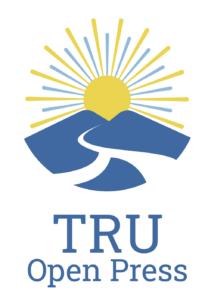Heuristics & Cognitive Biases in Social Reasoning:
Understanding the Underlying Cognitive Mechanisms
Learning Objectives
Define heuristics.
Define and distinguish between three types of heuristics: availability, representativeness, and anchoring.
Explain how the use of each of these heuristics can be accounted for in terms of cognition.
Recognize and give examples of these different types of heuristics and biases.
Analyze scenarios in terms of heuristics and biases in social reasoning.
Define cognitive biases.
Define and distinguish between six types of biases: confirmation, status quo, loss aversion, risk aversion, in-group bias, and the just world hypothesis.
Relate these biases to cognitive constructs.
(Optional) Distinguish between heuristics and cognitive biases.
Identify and explain the use of heuristics and biases in social reasoning in your own experience.
Sky and Clouds by Clker-Free-Vector-Images is used under the Pixabay license.

Best strategies for effective learning:
- Use the examples given.
- Generate your own examples.
- Analyze examples beyond what they are illustrating (are there perhaps other heuristics and biases you can detect in that example?)
- Relate all the concepts to yourself and your personal experience.
- Come back to the concepts as well as the examples — go over them repeatedly, letting some time pass from one study session to the next.
- Explain these concepts to someone else.
Adoption Form
Are you someone adopting these resources/site for your students, community, etc.? Please take a minute to fill out our adoption form and let us know how you are using them. Your responses help enable us to grow and maintain these resources for everyone.
Land Acknowledgement
Thompson Rivers University (TRU) campuses are situated on the ancestral lands of the Tk’emlúps te Secwépemc and the T’exelc within Secwepemcúl’ecw, the ancestral and unceded territory of the Secwépemc. The rich tapestry of this land also encompasses the territories of the St’át’imc, Nlaka’pamux, Tŝilhqot’in, Nuxalk, and Dakelh. Recognizing the deep histories and ongoing presence of these Indigenous peoples, we express gratitude for the wisdom held by this land. TRU is dedicated to fostering an inclusive and respectful environment, valuing education as a shared journey. TRU Open Press, inspired by collaborative learning on this land, upholds open principles and accessible education, nurturing respectful, reciprocal relationships through the shared exchange of knowledge across generations and communities.


